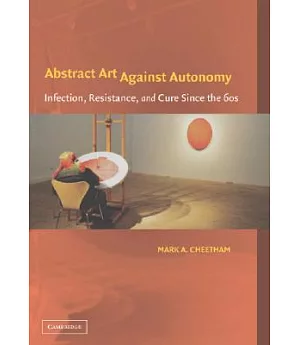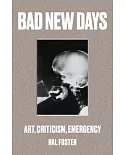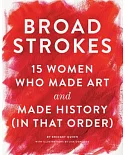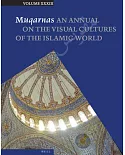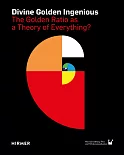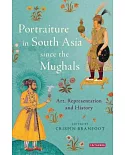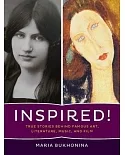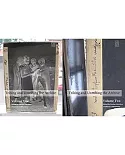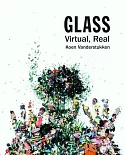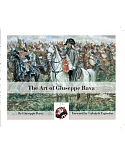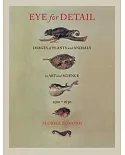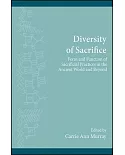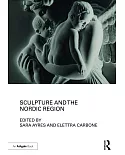In Abstract Art Against Autonomy, Mark Cheetham provides a revolutionary account of abstraction in the visual arts since the decline of the formalist paradigms in the 1960s. He claims that
abstract work remains a vital contributor to contemporary visual culture, but that it performs in a way that is different from its predecessors of the early and mid-twentieth century and cannot
adequately be assessed without new models of understanding. Cheetham posits that abstraction has reacted to paradigms of purity with practices of impurity. By examining abstract art since the
1960s within a narrative of infection, resistance, and cure, Cheetham provides an opportunity to rethink paradigmatic genres - the monochrome and the mirror - and to link in new ways the work
of artists whose work extends and complicates the tradition of abstract art, including Yves Klein, Robert Rauschenberg, James Turrell, Gerhard Richter, Peter Halley. General Idea, and Taras
Polataiko.

